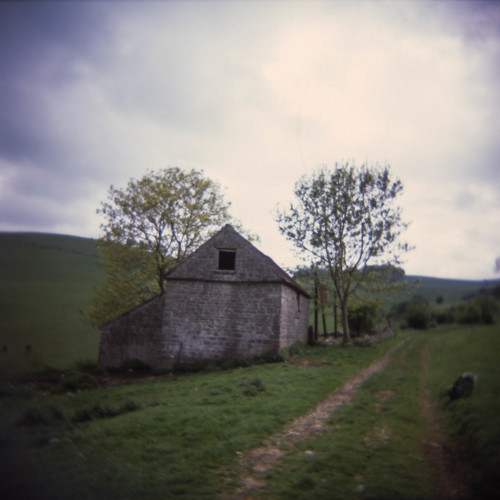

ronet
Yet another barn
See that barn? It deserves your attention. It deserves your respect. That’s the history of civilization, right there. Civilizations grow out of self-sustaining communities, and one of the essential elements of that is the ability to domesticate wild grains, and to store that grain against future needs.
One of the first domesticated grains was barley, which was useful for making bread and beer. In fact, the Old English term for barley is bere. Combine that with an Old English term for house (aern) and you have a bere-aern. A barn.
See that barn? It may not look like much, but it’s built of stone — stone collected by hand, stone shaped by hand, placed by hand, roofed by hand. It’s built of stone so it will last. It may not look like much, but it’s as holy as any church, more fundamentally important to civilization than any museum, more critical to the very existence of a community than any hospital.
And now it’s almost entirely useless. An old barn on a cow path. Quaint. Largely forgotten. A tad pathetic. But that barn brought us here. Brought us here and kept us here. The very least we can do is pause now and then and admire it, maybe give it a wee pat as we walk by. That’s the history of civilization, right there.
Blog photograph copyrighted to the photographer and used with permission by utata.org. All photographs used on utata.org are stored on flickr.com and are obtained via the flickr API. Text is copyrighted to the author, greg fallis and is used with permission by utata.org. Please see Show and Share Your Work
